
Why Uncertainty Makes Us So Anxious, and How to Deal With It
Uncertainty can leave you worried, scared, and angry. And that’s natural. It’s also stressful, but experts say you can learn to deal with all the what-ifs and reduce that stress.
Fear of the unknown underlies anxiety, psychologists say. Our brain views uncertainty as danger since there’s no way to know what’s coming up. “Our ancestors needed to be cautious about being in unpredictable situations in order to stay safe,” said Jacqueline K. Gollan, PhD, professor of psychiatry and behavioral sciences at Northwestern University’s Feinberg School of Medicine in Chicago. “But in today’s world, this response can be overwhelming as we face all types of uncertainty.”

Gollan tells anxious patients: “The anxiety response isn’t a sign of something wrong with you. It’s actually your brain acting like it’s supposed to.” The key, she said, is “learning to work with the natural responses rather than fighting them.’’
We can’t eliminate uncertainty, but we can build our capacity to deal with it. Thea Gallagher, PsyD, clinical associate professor of psychiatry at NYU Grossman School of Medicine in New York City, calls it “building that muscle of tolerating uncertainty.”
To build your tolerance: Learn what you can control, calmly assess risk, and avoid imagining worst-case scenarios. This approach can help shift your focus from fear to problem-solving, leading to a more balanced emotional response.
What’s Your Reaction to Uncertainty?
Some people can tolerate uncertainty better than others, Gollan said. Mental health providers have a scale to measure that.
According to some research, the more uncertainty you’re faced with, the higher the stress. In one often-quoted study, participants who were told they had a 50% chance of getting an electric shock were the most stressed, while those who were told they had either a zero chance or a 100% chance were the least stressed. This suggests that ambiguity itself is a significant source of anxiety.
In a similar study, other researchers found participants who scored highest on the intolerance of uncertainty scale had worse pain intensity scores when given a shock. This implies that an individual’s perception of uncertainty can amplify negative experiences.
Gallagher has observed two unhelpful reactions from patients who aren’t tolerant of uncertainty: Some avoid situations where there is uncertainty; others become hypervigilant.
A parent concerned about the possibility of a school shooting, for instance, might seek certainty that it won’t happen at her child’s school. One approach would be to pull the child out of school and home-school. Another would be to be hypervigilant, asking about protocols and trying to control the possibility — which isn’t entirely possible.
“We want some predictability and control,” Gallagher said. “We are trying to make meaning of our world. But that’s not how a lot of life works.”
Know What You Can’t Control
It’s crucial to let go of what Gallagher calls the “illusion of control.” A patient worried about contracting the norovirus, for instance, might obsessively wash his hands, avoid social gatherings, bleach down the walls at home, and avoid restaurants. What happens? “Your world gets smaller, your anxiety gets bigger,” said Gallagher. And you may contract the highly contagious virus anyway.
One option: Shift your mindset, reasoning that if the sickness happens, you will handle it the best you can, she said. “When you start to avoid [situations], you actually teach your brain you can’t handle things and you feel worse.”
Gallagher had a patient who was worried about being laid off from her job. She suggested she ask herself: What can I control? What can’t I control? “If it’s not within our control, it becomes anxious rumination, and you end up being on a hamster wheel.”
She advised the woman to do an appropriate risk assessment. The layoffs weren’t imminent, so Gallagher suggested creating a plan for if the layoff happened and preparing for it by updating her resume and online professional presence. Then transition to a strategy Gallagher calls “planned worrying.”
That might mean devoting an hour a day to networking, reaching out and applying for positions, and not having the anxiety about the unknown take over your life.
Staying in the Present
“The problem with tending to uncertainty is that it typically brings us into the future,” Gallagher said. “Being in the present is such a good antidote to our anxiety.”
Avoid predicting the outcome, Gallagher said, and getting stuck in that future script, which too often is about negativity, not positivity. “If you find you are only predicting negative outcomes, ask: ‘What could go right?’’’ she said.
The practice of mindfulness is one strategy to stay “in the moment,” experts agree. Practicing it can be as simple as taking a walk without looking at your phone, but rather noticing the breeze and scenery, Gallagher said.
Mindfulness, Meditation, and Buddhism
A Buddhist attitude is an excellent approach to handling uncertainty, Gollan said. Its foundation includes mindfulness and meditation, as well as recognizing what is under our control and what is not, said Christian Gauthier, the education program coordinator and a meditation teacher at the Kadampa Meditation Center, a Buddhist temple in Los Angeles.
We often try to control exterior situations, but “at the end of the day, the only thing we have control over is our mind. Whether or not we are happy or not completely depends on our mind.”
His perspective: “Everything is uncertain. If we try to control things not in our control, that’s when we have that friction. Uncertainty in the world has always been the case.”
Though we can’t control the economy or world conflict, “we can always apply a solution to our inner problem,” he said. “Having inner peace is the top priority. Our mind is creating our reality.”
Take the case of Michael Razo, 60, of Los Angeles. He’s currently not employed, has financial insecurity, and his doctor can’t figure out a diagnosis for some symptoms he has. That’s not all. “My apartment building has been sold,” he said, and he’s unsure how that will play out. Everything seemed to happen at once, he added.
But on a recent weekday, Razo arrived a few minutes early for the lunchtime meditation session at the temple. After the 30-minute practice, he looked calm and at peace, despite all the uncertainty in his life.
The meditation session, which he now attends at least twice a week, is central to his plan to tolerate the uncertainty. “It centers me,” he said. “My peace of mind comes from within. I can’t look outside for clarity.”
He also sees a therapist for his posttraumatic stress disorder (PTSD) and goes to the gym to get regular exercise. He’s taking the best care he can, he said, of body, mind, and spirit. After that? “You kind of have to let it go and say, ‘I don’t know what’s going to happen.’’’
Finding Your Own Strategies
Gollan sometimes suggests role-playing to manage uncertainty. This helps personalize her suggestions. She might tell one to “be like an emergency responder; have a protocol for how you want to handle things” as a situation unfolds. Or assume the role of an entrepreneur, asking, “Where are the opportunities with all this uncertainty?”
It might also help to consider the silver linings in potentially bad news before it arrives, according to Kate Sweeny, PhD, professor of psychology at the University of California, Riverside, who has long researched uncertainty. She calls this preemptive benefit finding but warns it can backfire if the news turns out better than expected.
Developing personal coping mechanisms tailored to your lifestyle and challenges is key to managing uncertainty effectively.
News in the same category


Euphorbia Hirta (Asthma-Plant): Ancient Remedies and Modern Applications for Health and Wellness
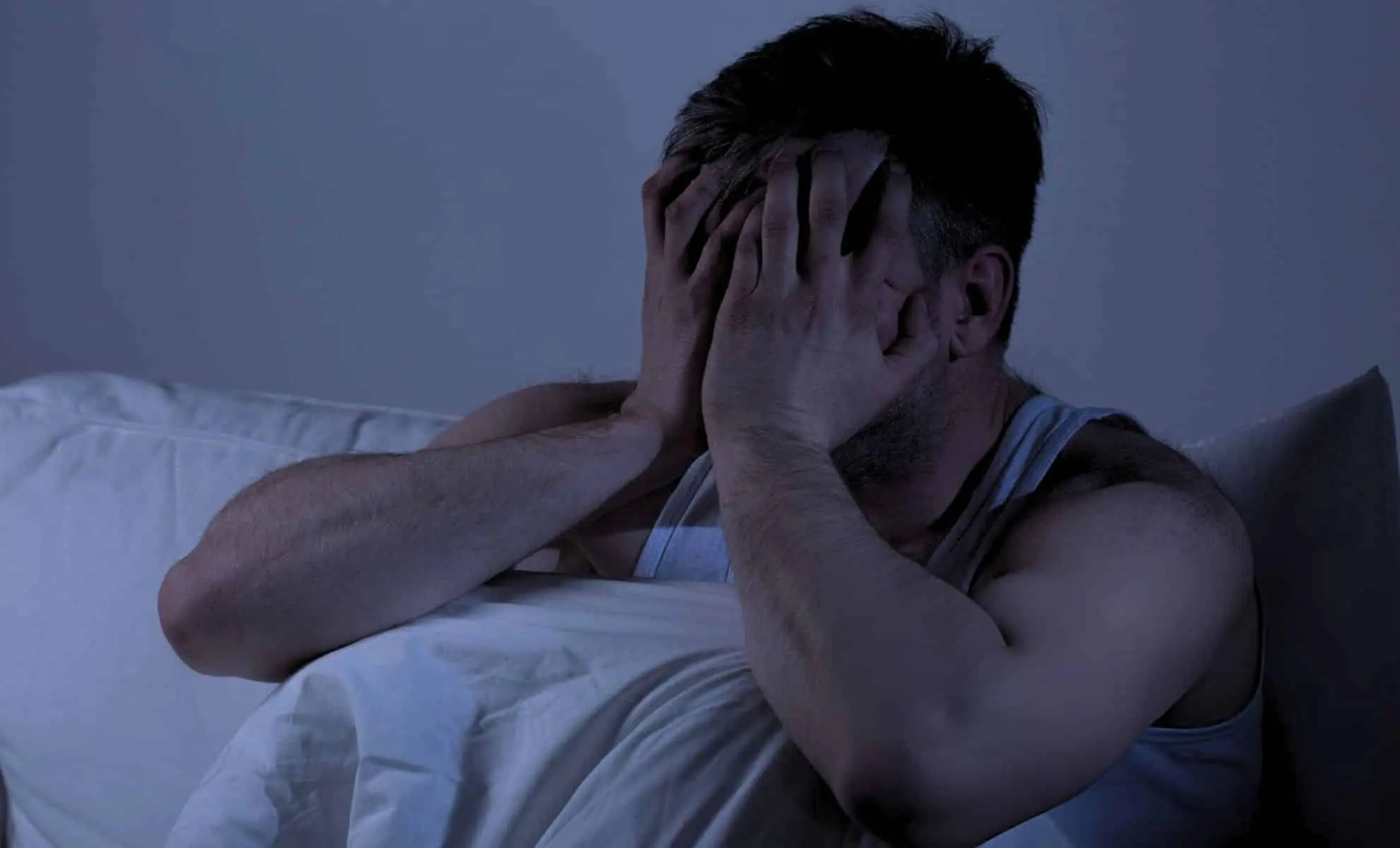
Doctor Warns Against This One Thing If You Wake Up at Night
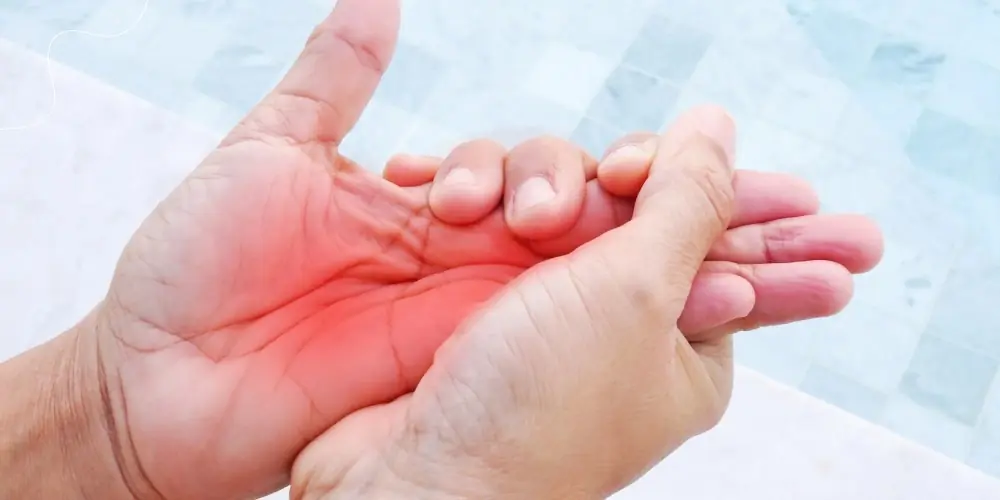
Reasons You Could Have Numbness or Tingling Sensations in Your Hands

A Well-Known Shampoo Is Being Withdrawn Immediately Due To Bacteria That Can Kill One In Ten Patients

9 Reasons Why You Should Eat Okra Multiple Times a Week

What’s In Your Mouth Could Be Triggering Alzheimer’s, Scientists Say

10 Signs You're Living With Clogged Arteries

Man with severe anger issues breaks down in tears after seeing what radiologist found in scans of his brain

How to Treat H. Pylori Bacteria Causing Heartburn and Bloating + Natural Remedies

8 Ways To Get Rid Of Phlegm And Mucus In Chest And Throat
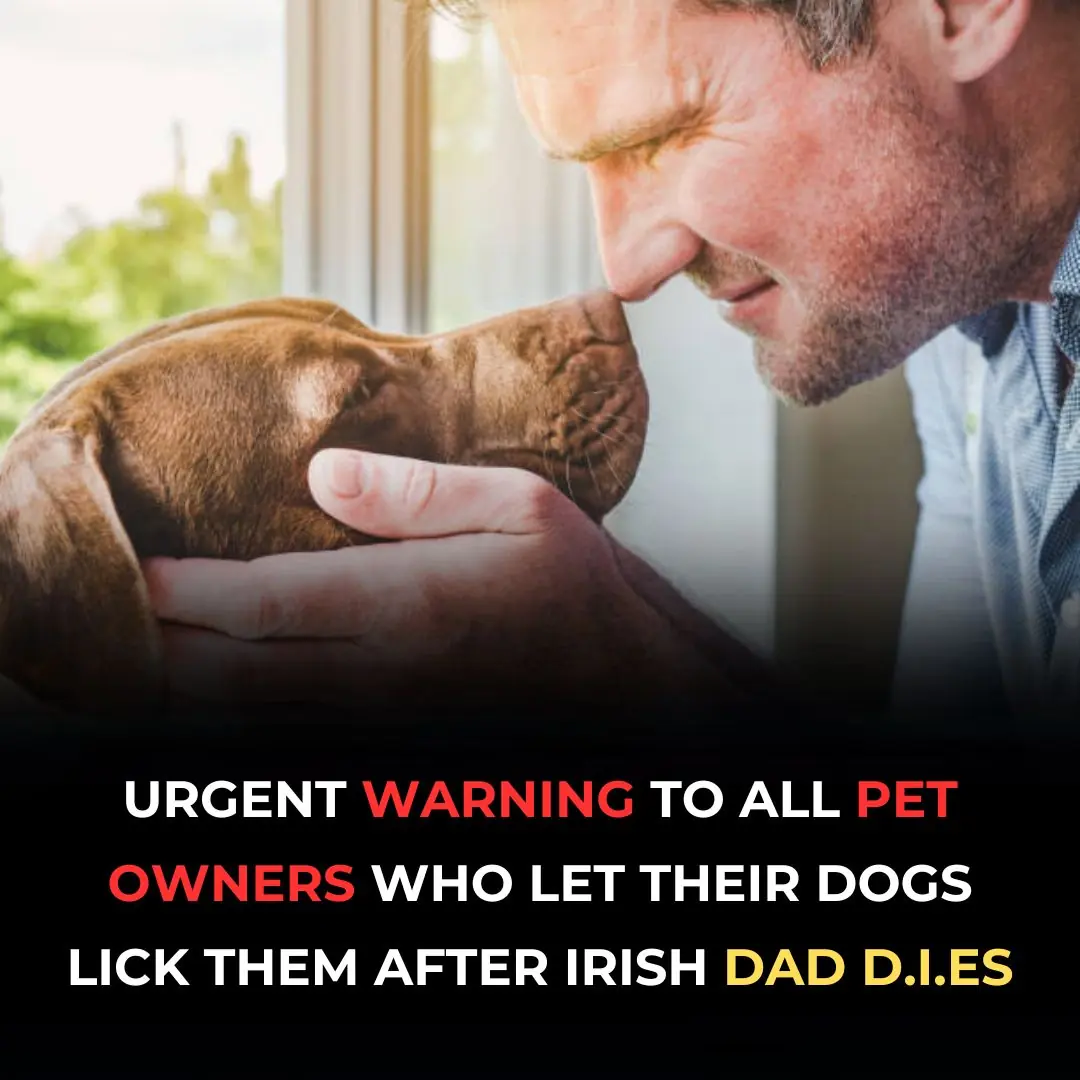
After A 49-Year-Old Father Of Two Passes Away, There Is An Urgent Warning For All Pet Owners Who Allow Their Dogs To Lick Them
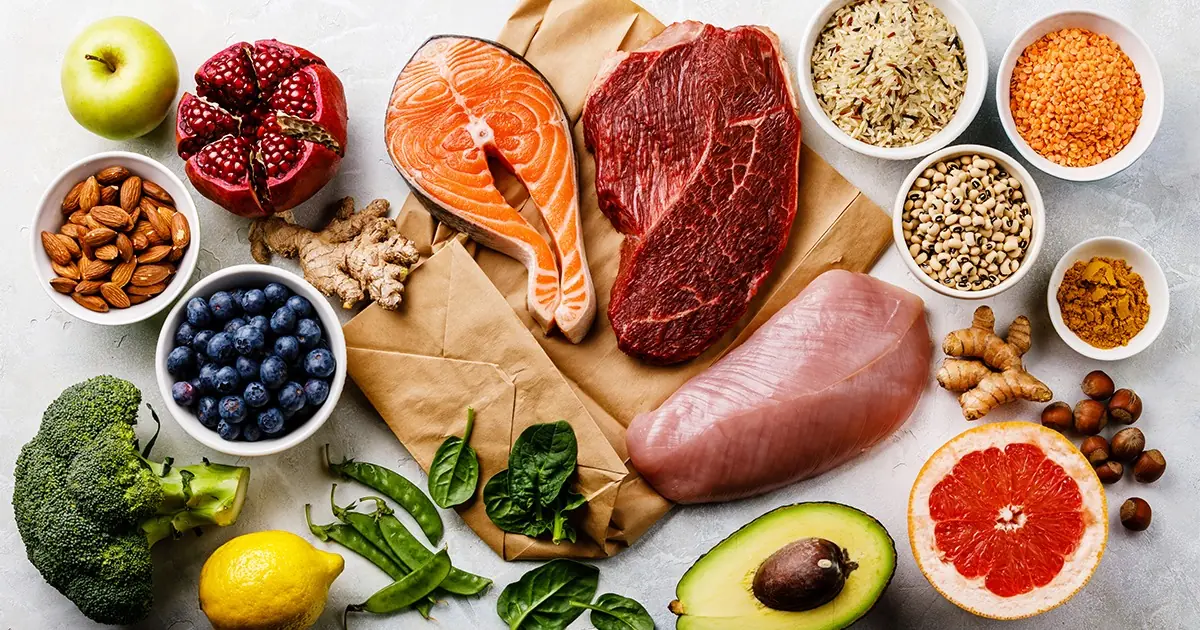
8 of the Best Anti-Cancer Foods. It’s Time to Start Adding Them to Your Diet

Getting Annoyed By Chewing Sounds Is a Genuine Psychiatric Disorder
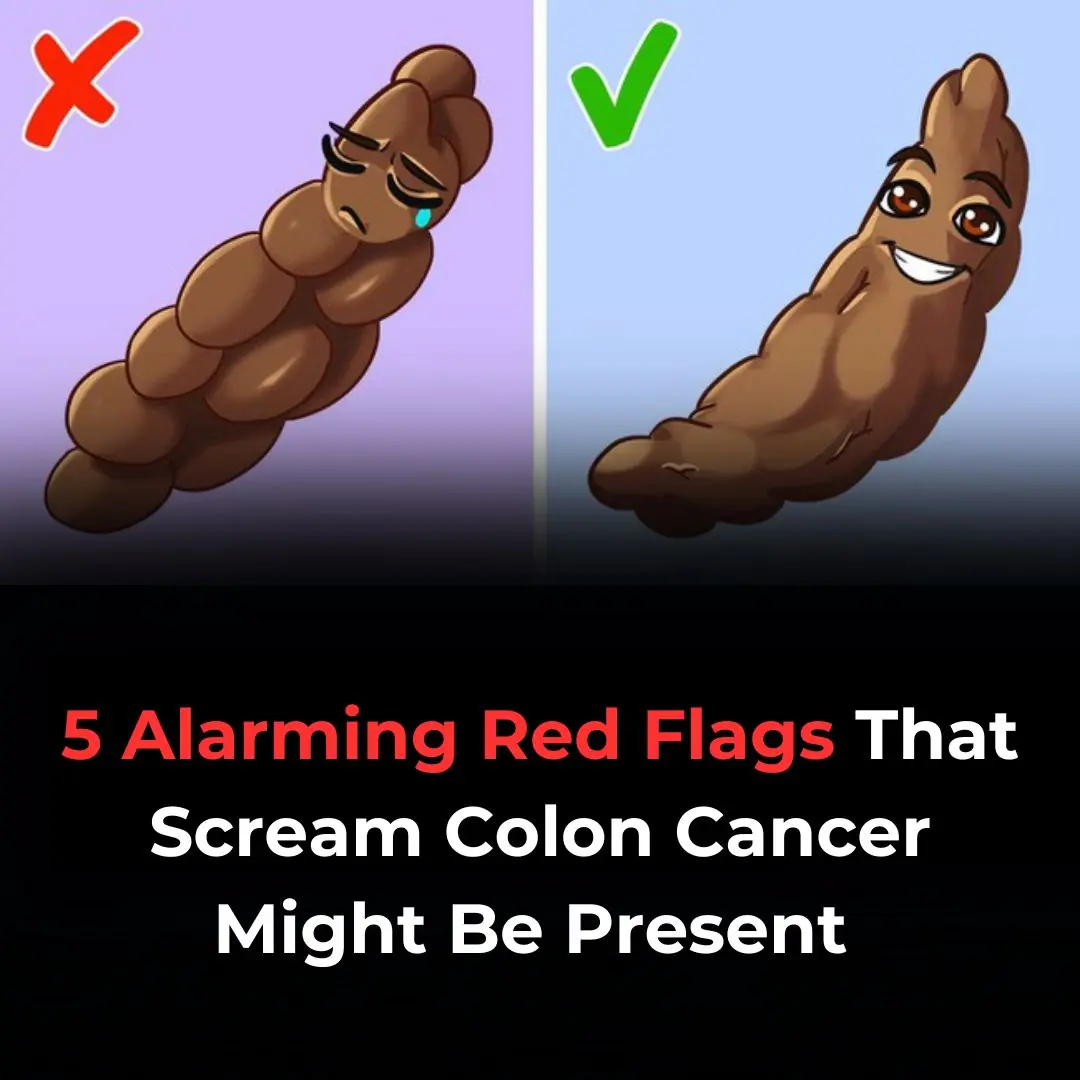
5 Concerning Red Flags That May Signal Colon Cancer
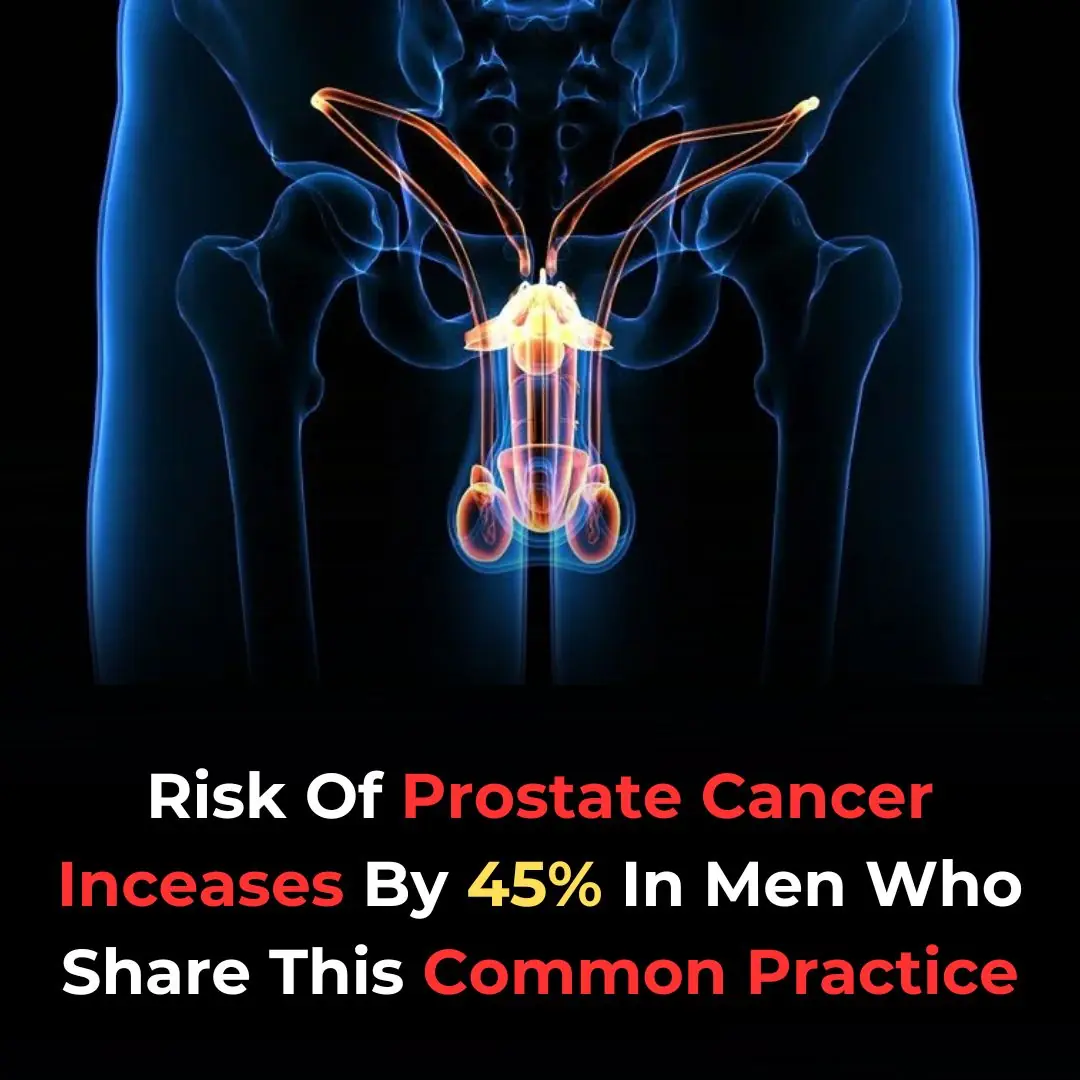
Risk Of Prostate Cancer Increases By 45% In Men Who Share This Common Practice
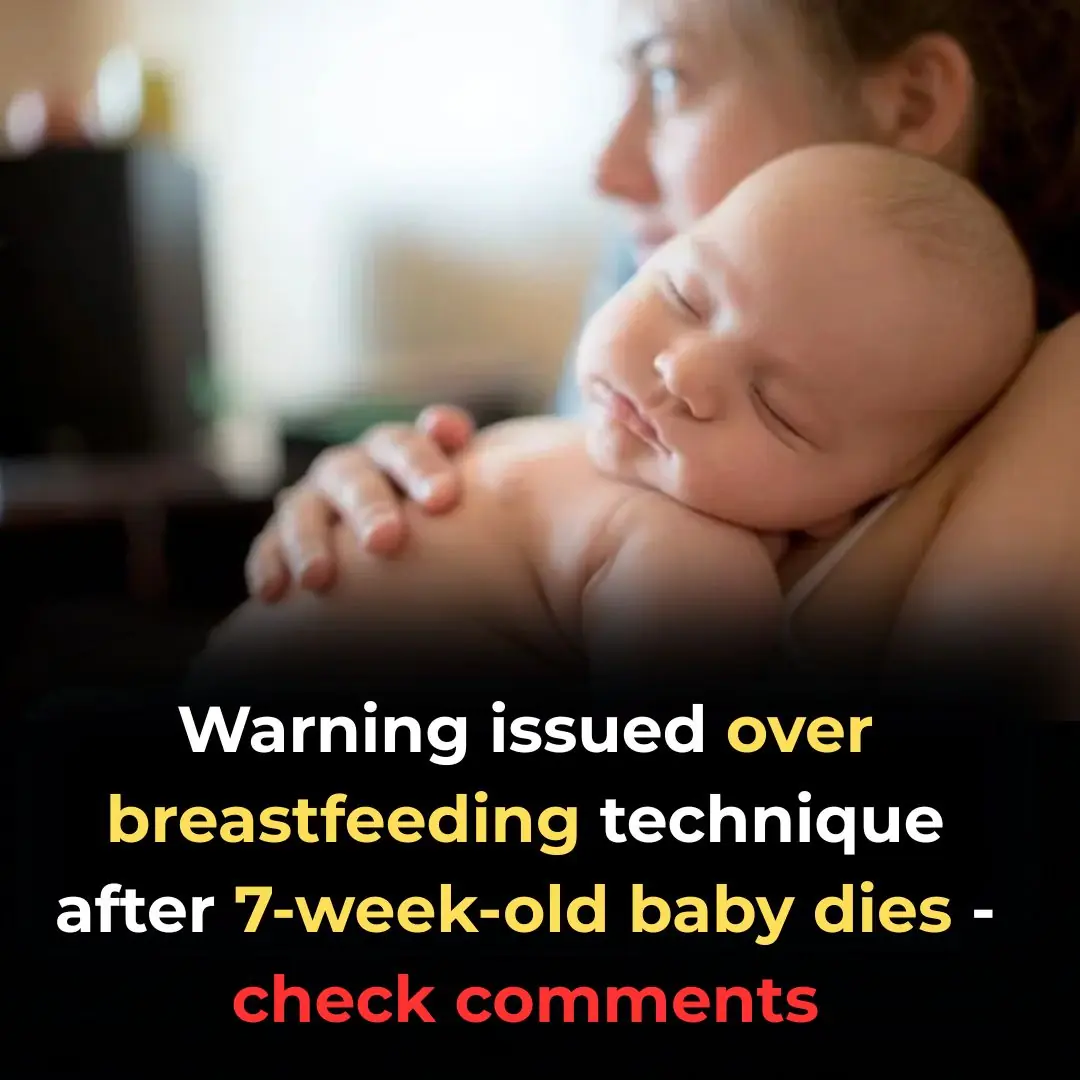
End-of-life nurse shares the most disturbing behaviors seen in those nearing death

**Say Goodbye to Skin Tags and Warts: Easy Removal with Hydrogen Peroxide**

What Does It Signify When You Dream of a Deceased Loved One?

8 Fruits That Can Harm People with Kidney Disease
News Post

Banana Peels as a Natural Ant Repellent: A Safe and Eco-Friendly Solution

1 year ago 1 year ago Peace Lily Care Guide: Key Tips to Ensure Its Flourishing Growth

THIS DOUBLES Your Testosterone Naturally in 7 Days!

10 Remarkable Health Benefits of Pigweed Greens You Need to Know

Euphorbia Hirta (Asthma-Plant): Ancient Remedies and Modern Applications for Health and Wellness

Yarrow: A Natural Herb with Powerful Health Benefits

Onion peels and cloves: a simple hair growth remedy from Grandma's time

Vaseline to look 10 years younger
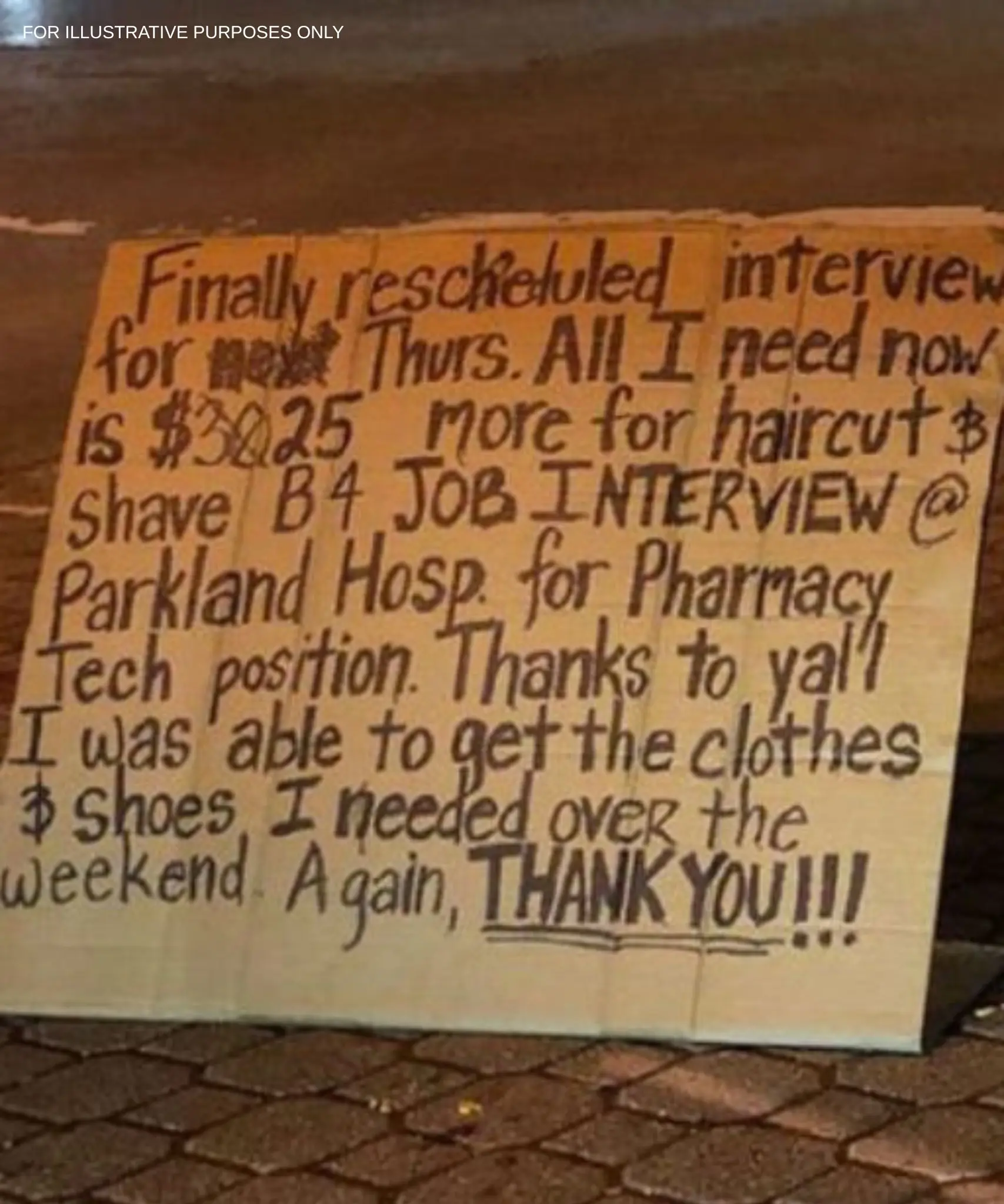
HE JUST NEEDED $25 FOR A HAIRCUT—BUT WHAT HE DID WITH IT SHOOK ME
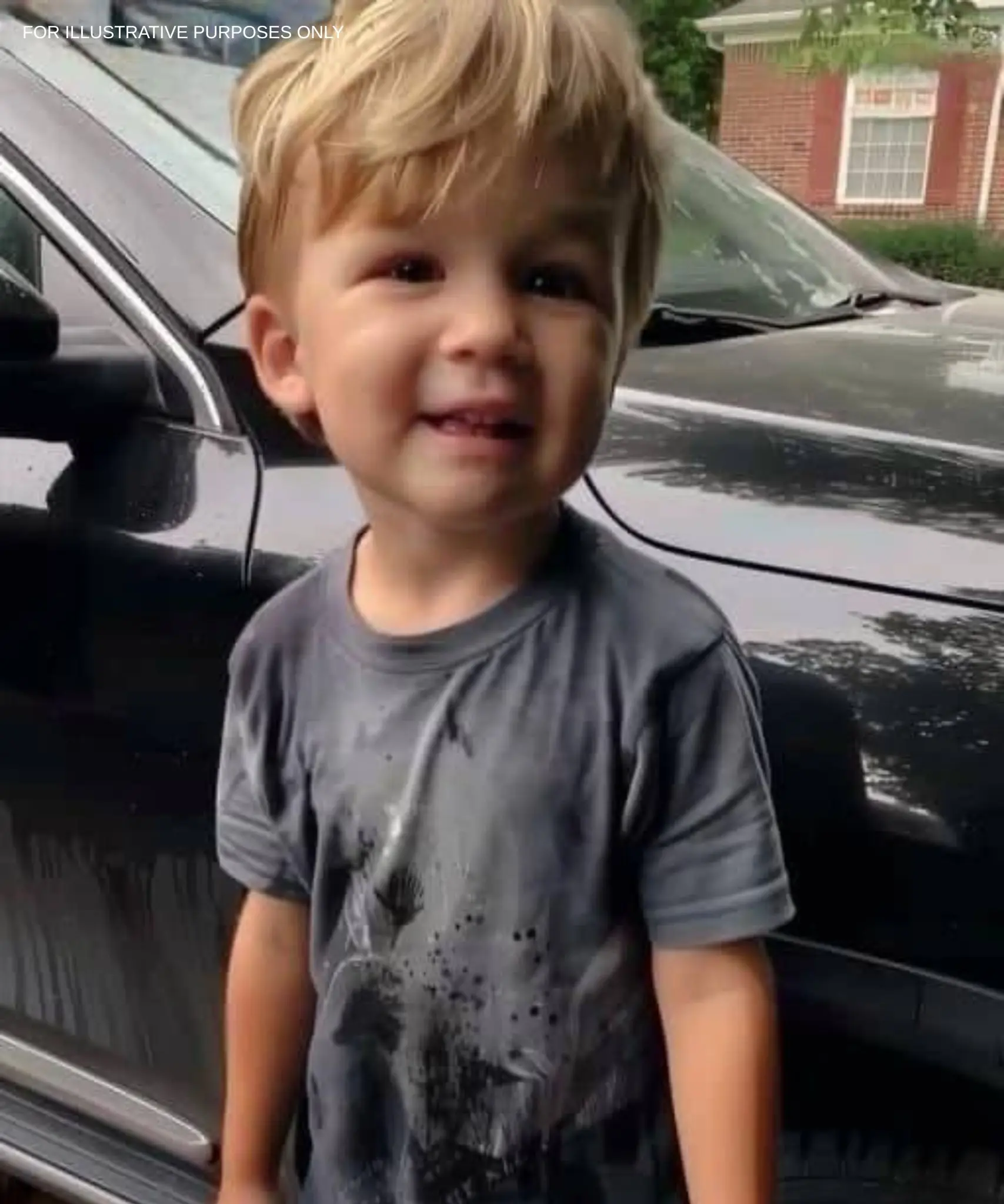
When my son innocently revealed that my husband had been secretly driving a brighter car with a woman I knew nothing about.

Doctor Warns Against This One Thing If You Wake Up at Night

Reasons You Could Have Numbness or Tingling Sensations in Your Hands

A Well-Known Shampoo Is Being Withdrawn Immediately Due To Bacteria That Can Kill One In Ten Patients
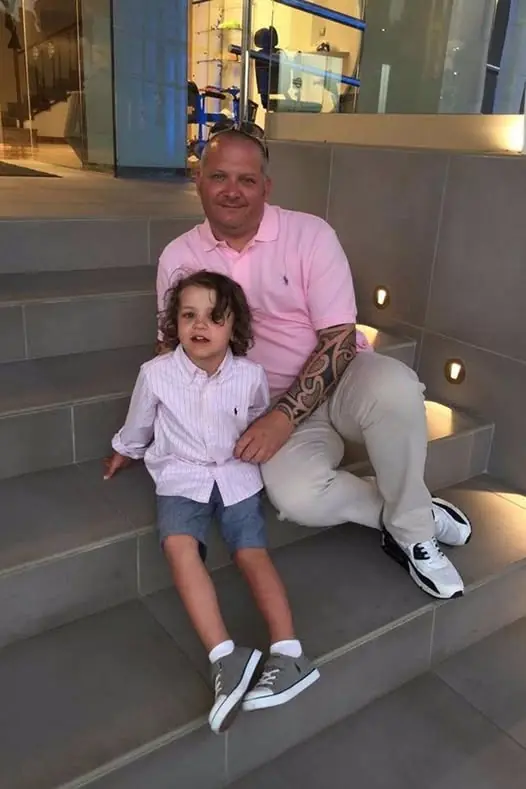
Why Was My Son Left Out? A Text Revealed the Truth

Three Became Fathers in a Day—One Text Changed Everything

"Unbelievable Coincidence: The Orphanage Held a Carbon Copy of Our Child!"
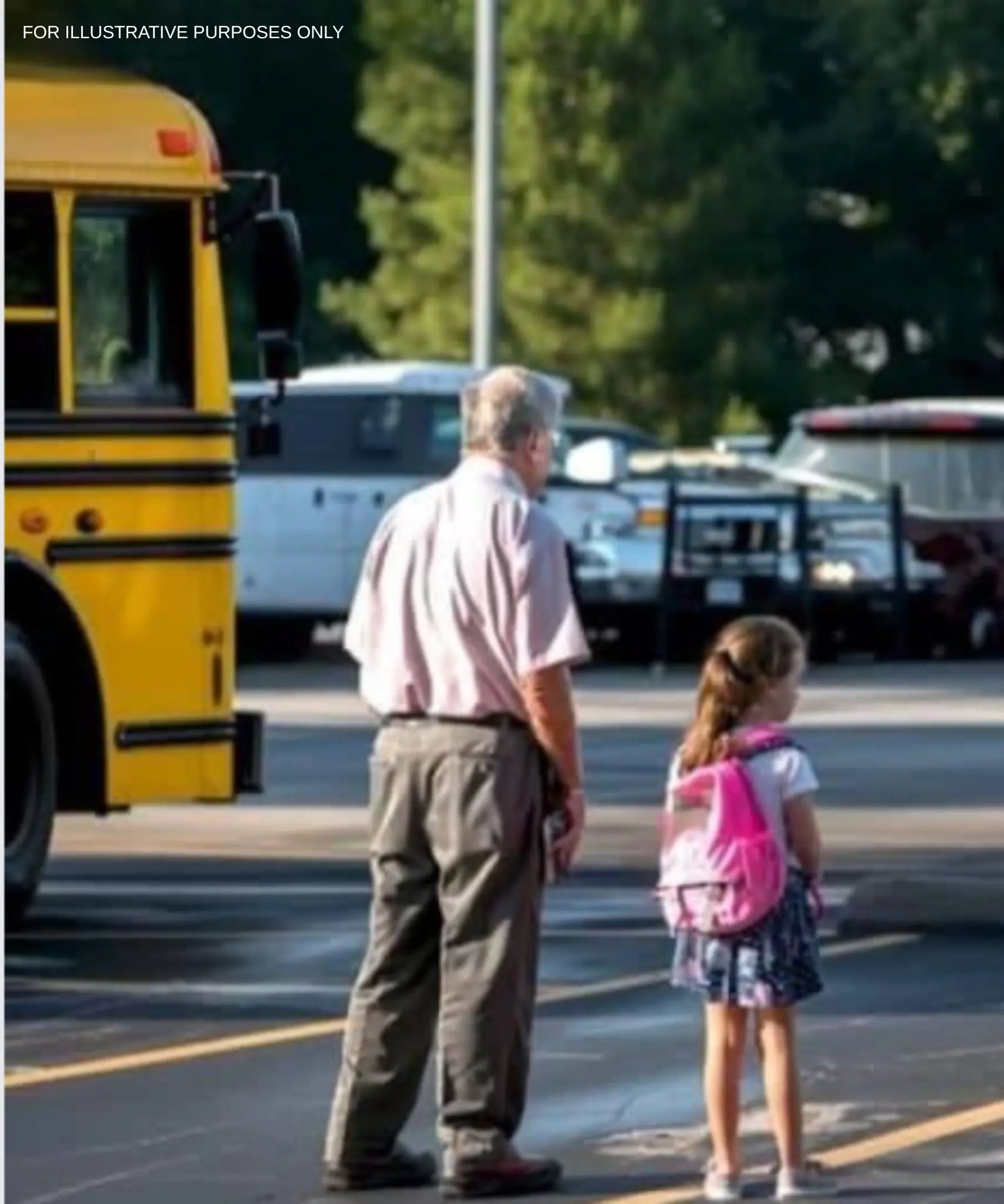
The Hidden Weight of Childhood: A Journey of Independence, Compassion, and Unspoken Secrets
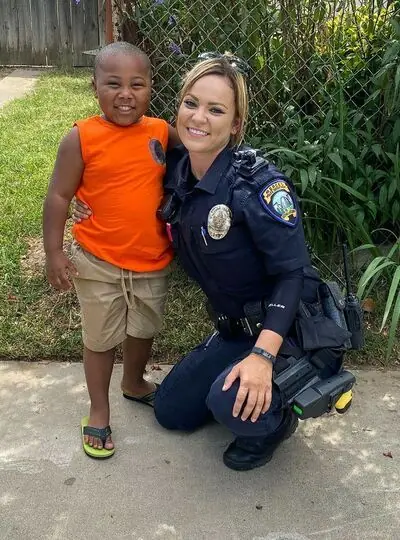
There were cops in my yard, and as an african american family, my mind was full of negative thoughts
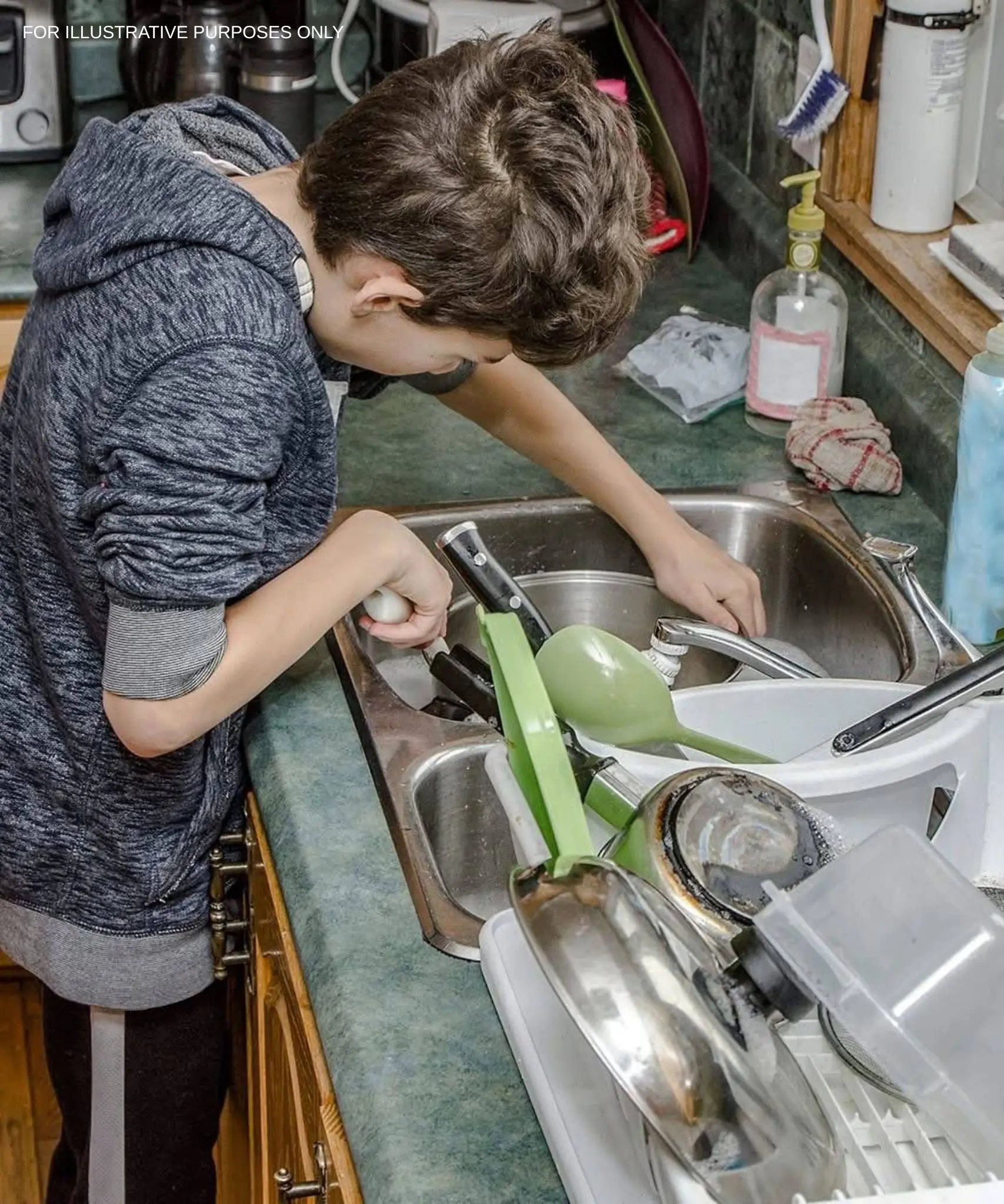
I Always Thought Housework Was a Breeze—Until My Son Taught Me a Lesson I’ll Always Remember

I Helped Plan a Family Cruise for My Dad and Stepmom & They Invited Me Too—I Didn't Know They'd Turn Me Into the Nanny
I thought joining my dad and stepmom on a family cruise would bring us closer. Instead, I found myself stuck in a tiny cabin with two kids and a long list of responsibilities no one warned me about.